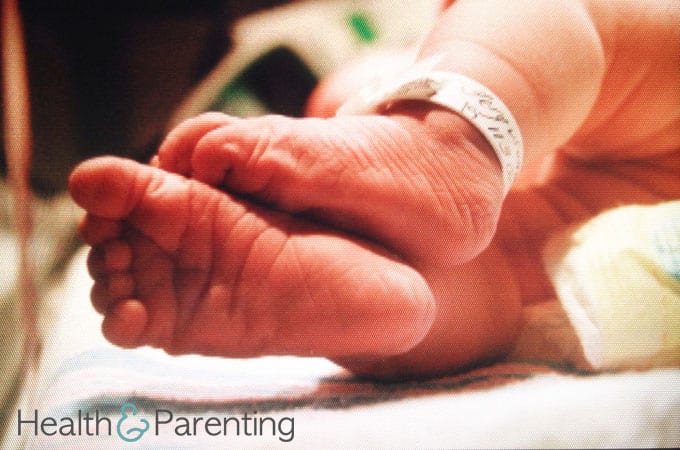You’re nearing the end of pregnancy, and everyone is asking what you need for the baby. You have registered at the popular baby superstores for items you’re not even sure you’ll need. Now what? A traditional baby shower will help you assemble many of the basic supplies you need or want for your baby. A Blessingway, however, will supply YOU, the mom-to-be, with the emotional fuel you need for labor, birth and early motherhood.
A Blessingway is rooted in many native traditions, but has evolved into a ceremony that can be adapted to any religious or cultural beliefs to help a woman prepare emotionally and spiritually for the birth of her baby. It is a way to shower a new mother with support to start her journey of motherhood on the right foot. Guests are smoothing the way for her with stories, advice and positive inspiration.
While you likely won’t plan your own Blessingway, here are some tips to share with friends and family for planning an event that will be a cherished memory after the birth:
- Consider the guest list carefully to include only those closest to the mom-to-be, other women whose opinions she values and trusts, and around whom she can relax and feel comfortable.
- Keep the mother-to-be’s cultural and religious traditions in mind, and tailor any ceremonies to her. For instance, if she is a devout Catholic, ask her which prayers are most meaningful to her and incorporate those into the celebration.
- Pamper her. The mom-to-be should be the center of attention at a Blessingway. Give her a foot bath and massage with aromatic lotion or oil, adorn her with a crown or necklace of flowers, cover her baby belly or her hands and feet with henna designs, brush and braid her hair, etc. Be creative. Ask her ahead of time what makes her feel most relaxed, and use that to create a ritual tailored specifically to her.
- Share stories. Let other mothers talk about their experiences of childbirth and mothering. Instruct everyone ahead of time to keep the tales positive – this is not time for horror stories. Passing along birth wisdom is a precious gift in and of itself.
- If you include gift-giving, ask guests ahead of time to bring symbolic tokens to support the mother-to-be as she enters labor or as she makes the shift to parenthood. For instance, have each mother bring a bead, and create a necklace for the mom to use as a focal point in labor. Save the gifts from the baby registry for later!
- Always end with a feast. This is a great time for partners to join the celebration, since the shift to parenthood will happen to them, too! You could ask each guest to bring their favorite dish, or you could create dishes from symbolic foods to celebrate the coming birth.
Use your imagination – you cannot do it wrong – and honor the mother-to-be with the unique gift of a Blessingway.
Written by Michelle: IBCLC, writer, editor, childbirth instructor, and mother to 4 busy kids
This information is not intended to replace the advice of a trained medical doctor. Health & Parenting Ltd disclaims any liability for the decisions you make based on this information, which is provided to you on a general information basis only and not as a substitute for personalized medical advice. All contents copyright © Health & Parenting Ltd 2018. All rights reserved.





















